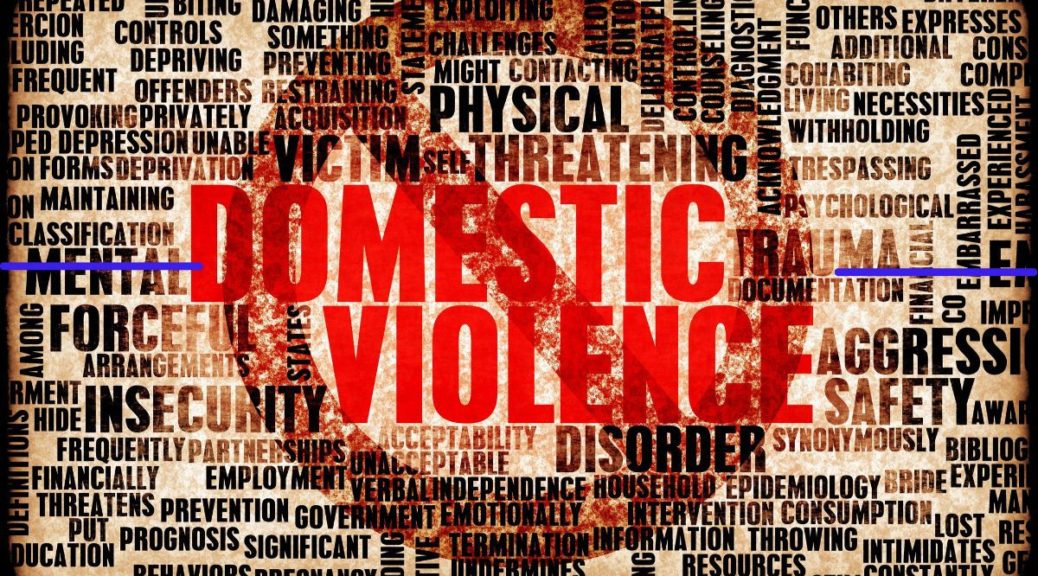Children rarely, if ever, ask their parents to split up. Instead, they sometimes just become part of the collateral damage of divorce. Dealing with the court system during a divorce is stressful for everyone, including children. Even parents who try to do what’s best for their kids may wonder if courts will increase the tension by making children testify at divorce hearings. Let’s look at how this problem is handled in California.
Children, Divorce, and California Law
Each divorce is a little different. Sometimes court hearings are needed to address children’s needs related to custody and visitation.
Fortunately, California law does not require children to testify at divorce hearings. Likewise, California law does not expressly prohibit children from speaking in court. Generally, courts consider a child’s participation on a case-by-case basis. Age plays a part in the court’s decision, as set out in California Family Code Section 3042:
- Children under 14 years of age might address the court if the court determines that it is appropriate and in the child’s best interests.
- Children over 14 years of age will be allowed to testify unless the court decides testifying is not in the child’s best interests.
If the court decides the child cannot testify in open court, alternative methods include:
- Allowing the child to participate in a child custody mediation,
- Appointing a child custody evaluator,
- Allowing people to present evidence on behalf of the child,
- Admitting information provided by a child interview center or counselor.
The judge may also allow testimony in a closed courtroom or in the judge’s chambers.
But what happens when the court decides to allow kids to participate in hearings?
Requesting That Children Testify at Divorce Hearings
Sometimes, people close to a child may learn that he or she wants to testify. According to the 2020 California Rules of Court, the following people must let the court know if this happens:
- The minor child’s counsel
- Evaluators
- Investigators
- Child custody recommending counselors.
Any party to the divorce or any party’s attorney may also let the court know that a child wants to testify. Also, judicial officers may ask whether children want to testify.
How the Courts Handle Children’s Testimony
Just because a court decides to let children testify at divorce hearings does not mean they stop protecting those children. Judges might appoint an attorney to represent the child during the testimony. Courts decide where the testimony will happen – in open court or in the judge’s chambers – and who will be present. In some cases, it is not in the child’s best interests to allow parents to attend. Finally, judges will protect children who testify at divorce hearings from harassment and inappropriate questioning.
You Need Experienced Advice When Children Testify at Divorce Hearings
The attorneys at The Law Offices of Judy L. Burger are well-versed in divorce and the dissolution of registered domestic partnerships. Judy Burger is a California Certified Family Law Specialist and founder of the Law Offices of Judy L. Burger. Please call our offices at 415-293-8314 to set up an appointment with one of our attorneys. We assist clients along the Northern to Southern California Coast.











